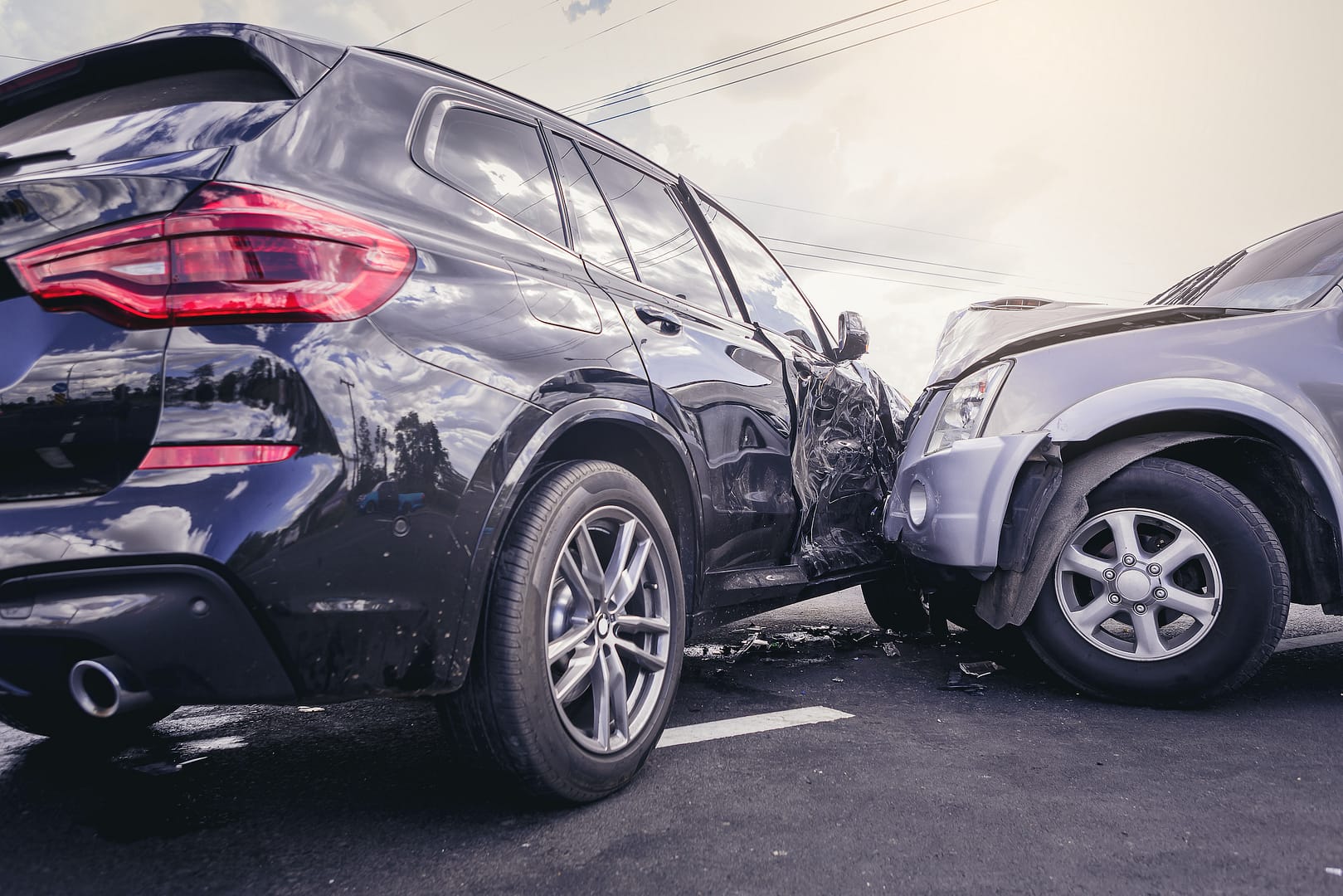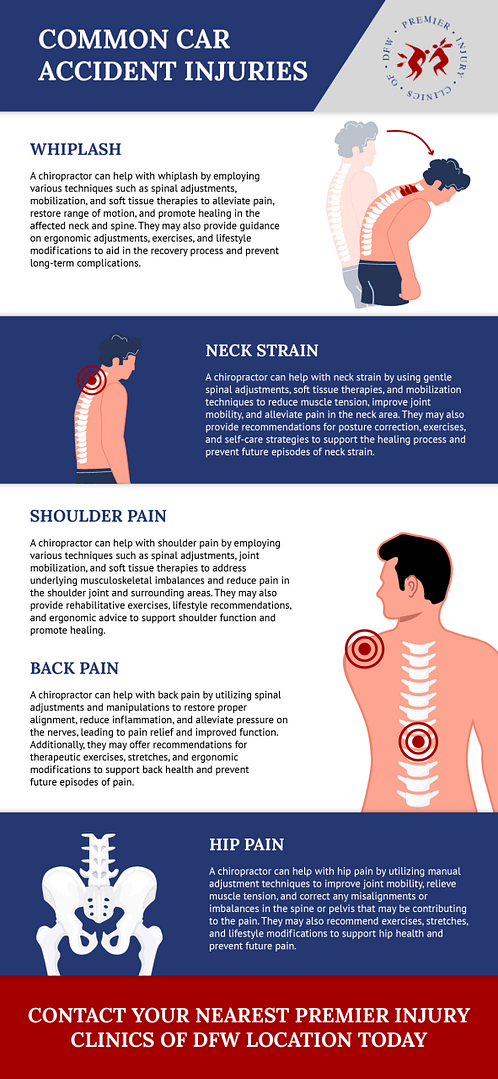If you live in Dallas and have not been involved in an auto accident—count yourself as one of the few lucky ones who have avoided experiencing or being seriously injured in a car wreck.
The latest statistics from the Texas Department of Transportation reveal that 256,338 people were injured in motor vehicle traffic crashes in 2019. More specifically, there were approximately 31,956 automobile accidents in Dallas alone. There was an estimated 22,575 people injured as a result of these crashes, with varying severities. These numbers have continually increased over the years.
Due to this incline in auto accident-related injuries in Dallas, Premier Injury Clinics is experiencing a significant boost in the number of patients seeking treatment for their auto accident injuries. This can make it difficult to find a chiropractor near you to treat your needs immediately. Therefore, in addition to chiropractic techniques such as spine adjustments, we also provide walk in chiropractic appointments. Additionally, Premier Injury Clinics offers a wide range of services that include medical doctors, on-location pain specialists, referrals to local orthopedic surgeons and anesthesiologists, referrals for diagnostic imaging/testing and exercise rehabilitation.
It is important to find a chiropractor in your area to check any injuries after an accident. With this in mind, we do understand that finding a good Dallas Tx Chiropractic office near you can be difficult when you are in a hurry to get treatment. To fully accommodate patients, we offer free transportation, attorney referrals, a Spanish-speaking staff and one-on-one consultation appointment with our doctors.
If you have suffered injuries due to involvement in a Dallas auto accident, contact Premier Injury Clinics nearest to you immediately. Premier Injury Clinics offers walk in chiropractor appointments near you to assess and treat your injuries as soon as possible. At Premier Injury Clinics, our first priority is to improve your quality of life and overall health and well-being by eliminating your pain or helping you manage your pain as completely as possible.



